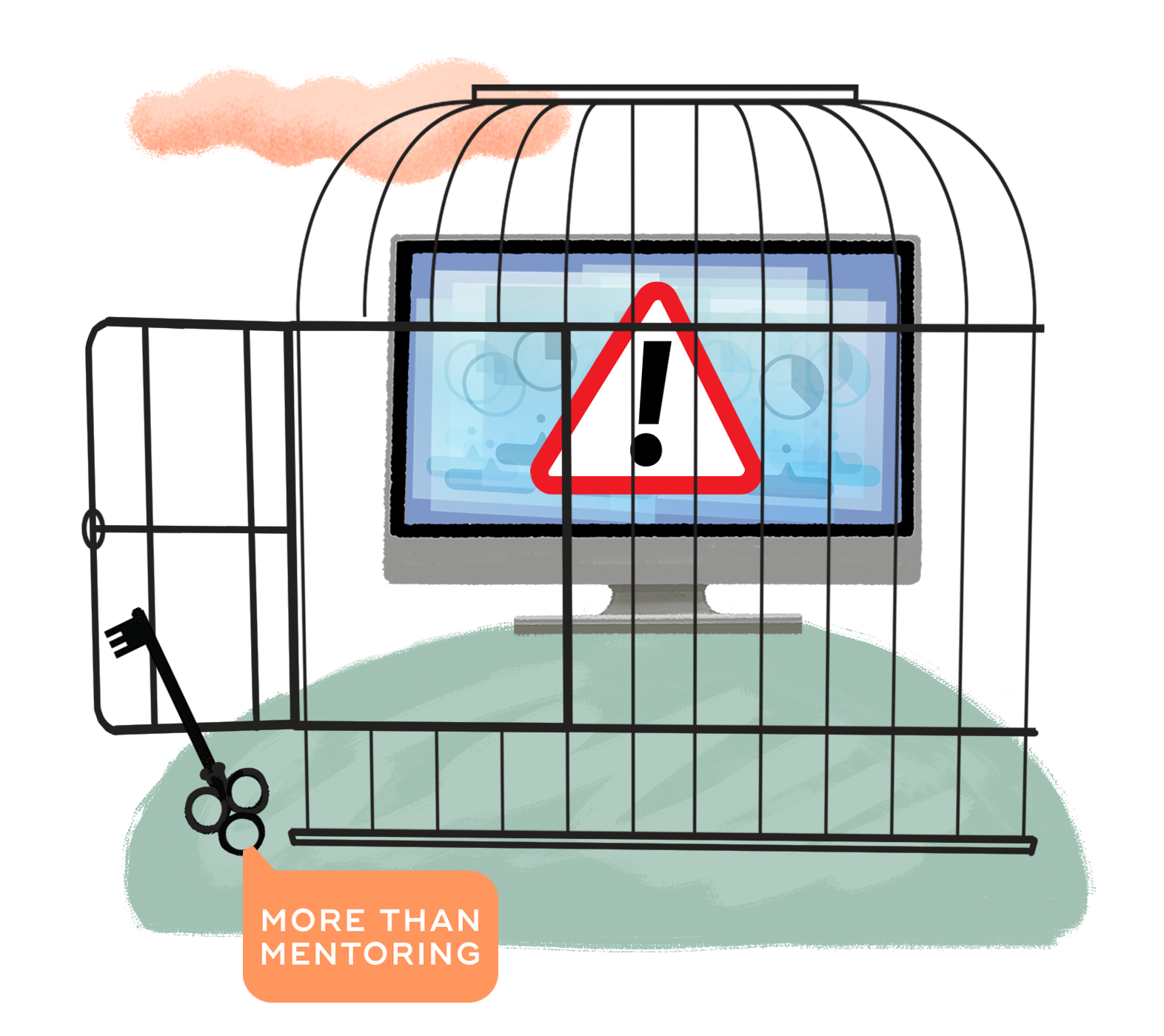The Truth About Employment: 3 Career Myths People Still Believe in 2025

Searching for a job can be incredibly stressful and that’s not made any easier by the ready abundance of misinformation. There are countless career myths floating around out there about what you should and shouldn’t do to get the attention of a hiring manager.
Today we’re taking the time to tackle three of the biggest career myths. We’ll be talking about where these misconceptions come from as well as what they mean for you and your experience searching for a job.
1. It’s All About Qualifications
Here’s the secret most universities won’t tell you: unless you’re planning to perform surgeries or build rockets, your degree probably means a lot less than you think it does.
Now, let’s be clear about this. We’re NOT saying that degrees aren’t important or that a degree won’t open doors to many fields that would otherwise be completely inaccessible. There are many jobs where a degree is pretty much necessary to even step through the door.
On the other hand, there are also many jobs where this simply isn’t the case, especially in creative disciplines.
The major distinction is a legal one. If the law says you can’t practise a certain job without being qualified for it, then it’s as simple as that. If it doesn’t, however, then your options are wide open.
To explain this, let’s take a look at an example.
Nancy has just finished her three year course in graphic design. Her portfolio lists some impressive student pieces but she has no experience with real world applications.
Meanwhile, Susan didn’t go to university. Instead she decided to spend those years marketing herself as a private graphic design firm. During that time she’s been moderately successful with a list of completed, real world projects under her belt demonstrating her skills, along with happy clients who’ll be more than willing to give her a reference.
Out of those two options, who do you think an employer is going to hire?
Of course, this isn’t universal and you should always research your own industry before making any major life decisions but nine times out of ten an employer will care far more about your real world experience than what you studied at university.
2. Employers Have Unreasonable CV Expectations
Okay, this one is only a half-myth, but it’s a complicated topic that many people get wrong which is why it made its way onto this list.
Search any job site and you’ll probably have an experience that goes something like this:
After browsing for a while you find a job that’s in your field. The pay is appropriate and it’s a good match for your existing skills. Then you scroll down to the requirements and your heart sinks as you read some variation of the words: five years experience (minimum). Rinse and repeat this about ten times and you’ll be just about ready to start pulling your hair out.
So what’s going on here? How can you possibly even get into an industry if nobody will hire without several years of experience? Who even are all these experienced people and how did they get their start?
The truth is a little more frustrating. In reality, most job listings are written for an ideal candidate in the knowledge that the people who apply may be anything but. Yes, they say that five years is required but when that ideal candidate doesn’t show, they’ll start digging through the other applications. When they find you with your otherwise perfect CV, the chances are they’ll be willing to waive that five year requirement (along with about £10K off the promised salary).
It might not be an ideal system, but the important lesson to learn is that, even if you don’t meet all the requirements, it’s often worth applying anyway.
3. Employment Gaps Are a Dealbreaker
It’s no secret that employers don’t love employment gaps but one of the biggest career myths you’ll ever hear is that this is an insurmountable hurdle. In reality, very few things are insurmountable for an otherwise perfect candidate and, more often than not, an employment gap can be explained away.
That’s not to say it won’t come up in the interview, only that it likely won’t be a problem so long as you have a reasonable answer to hand. For example, if you decide to take a year off in order to reskill into a new career path, very few employers are going to blame you for that so long as it’s not a consistent pattern. The same goes for taking time off to look after a loved one or become a parent.
In fact, most of the time the best answer to that question is the truth. When all’s said and done, you’re not breaking any secret rules by having an employment gap. Employers are people and most hiring managers will happily recognise that life can present all sorts of valid reasons to take time away from work without letting that become a red flag.


